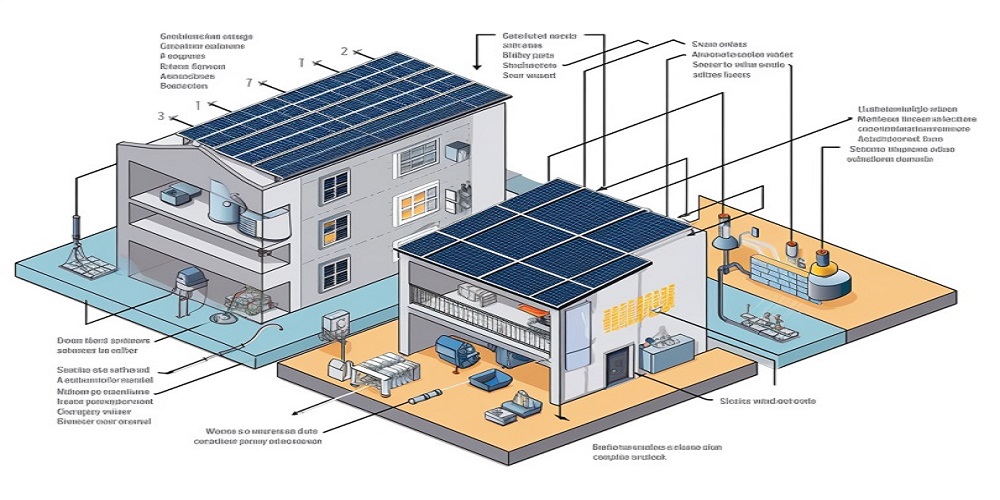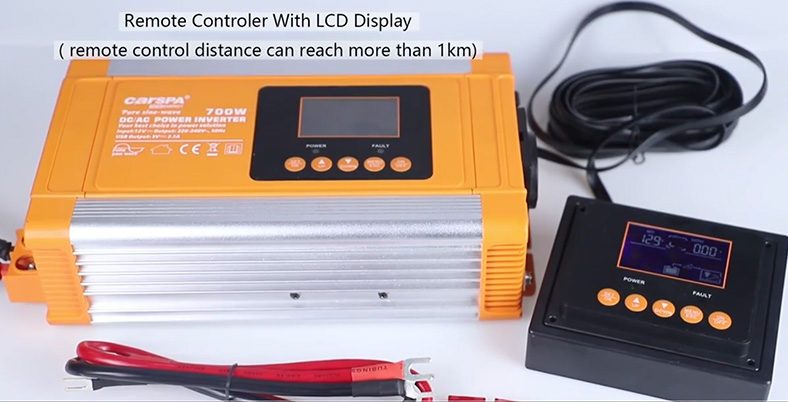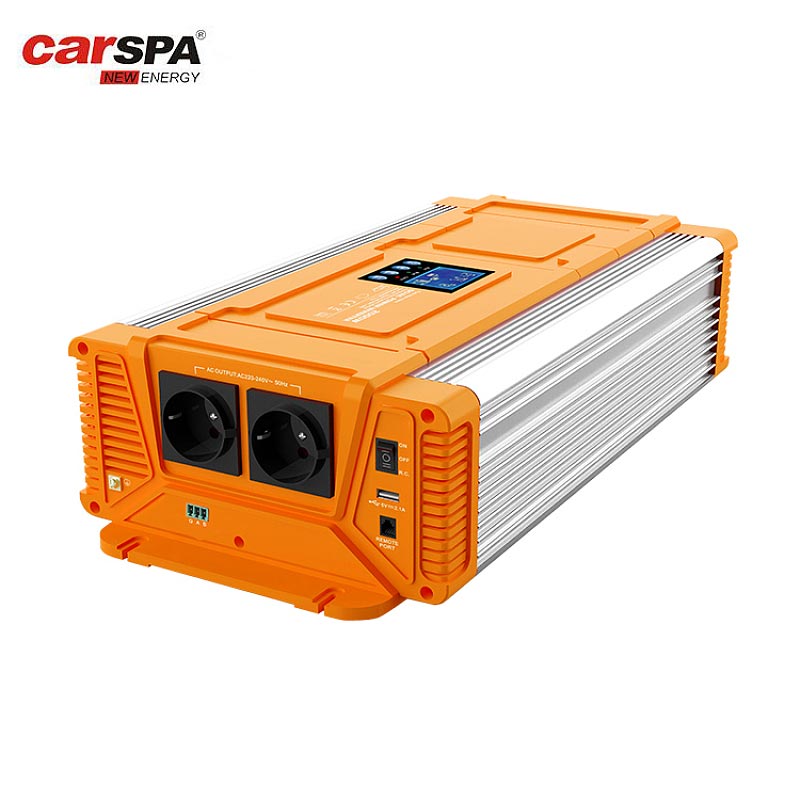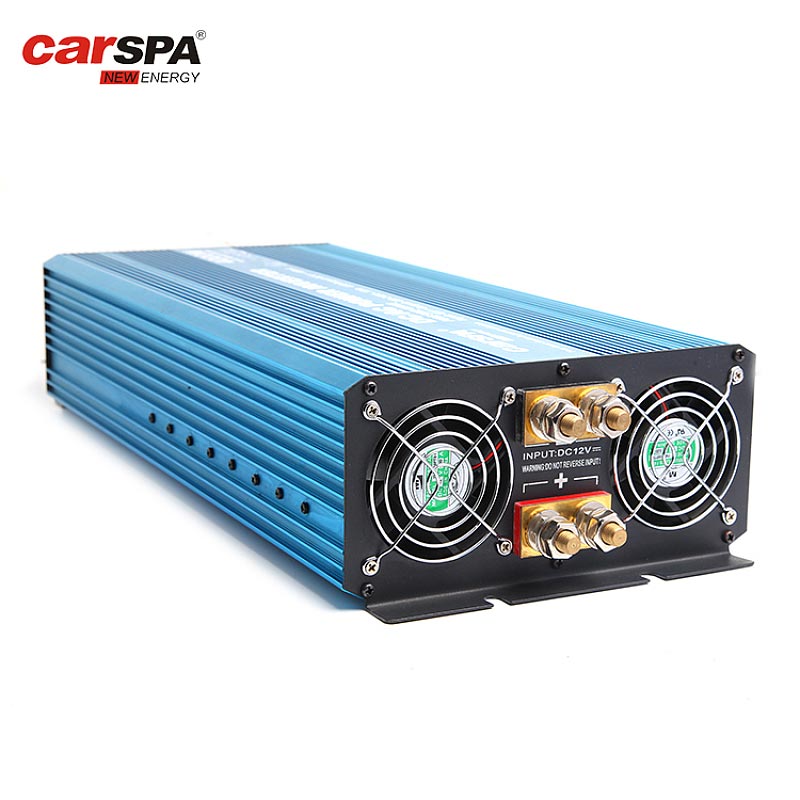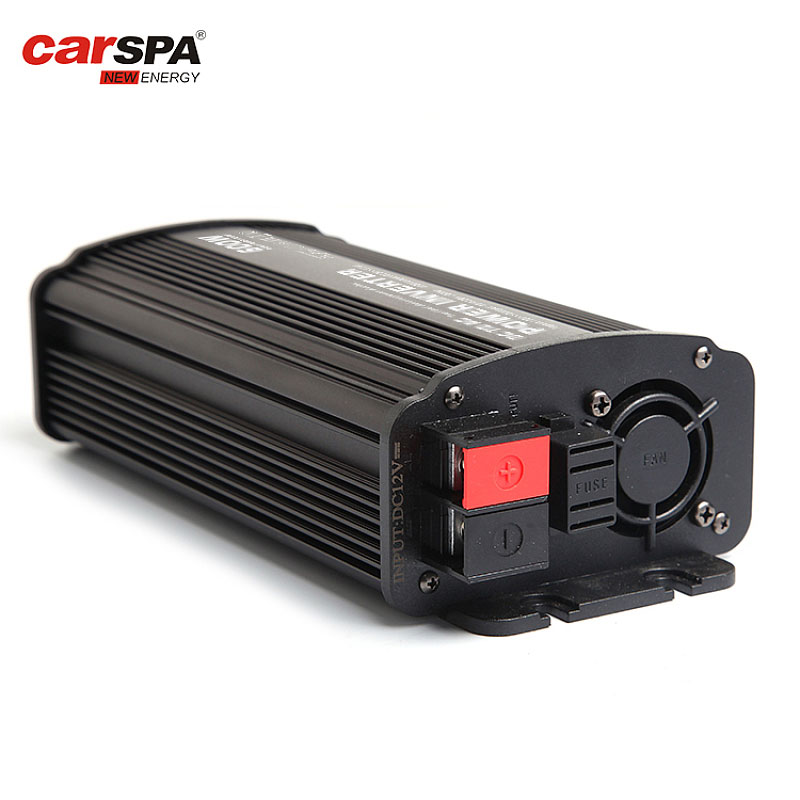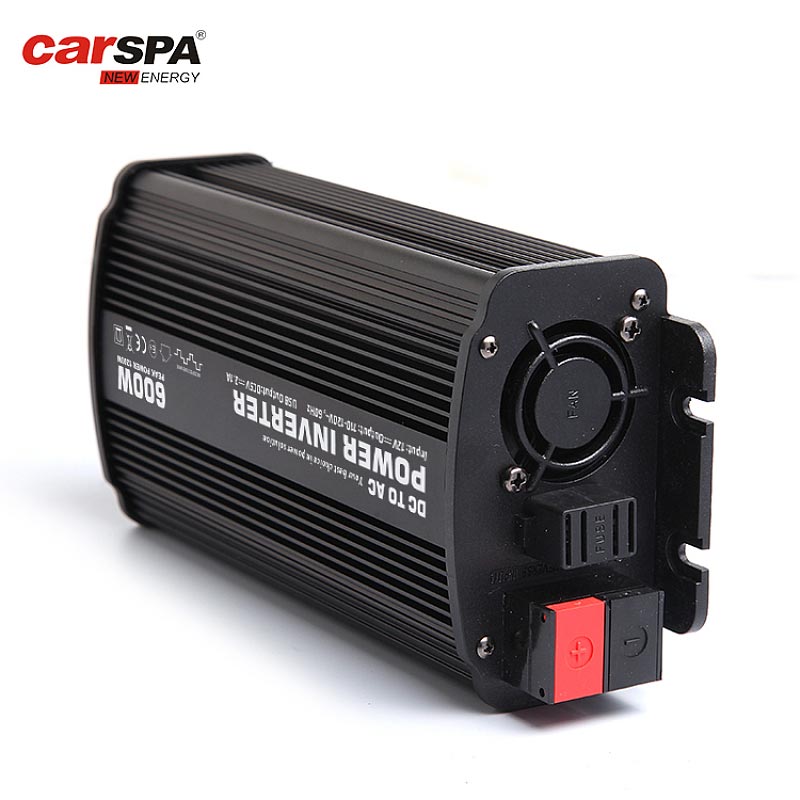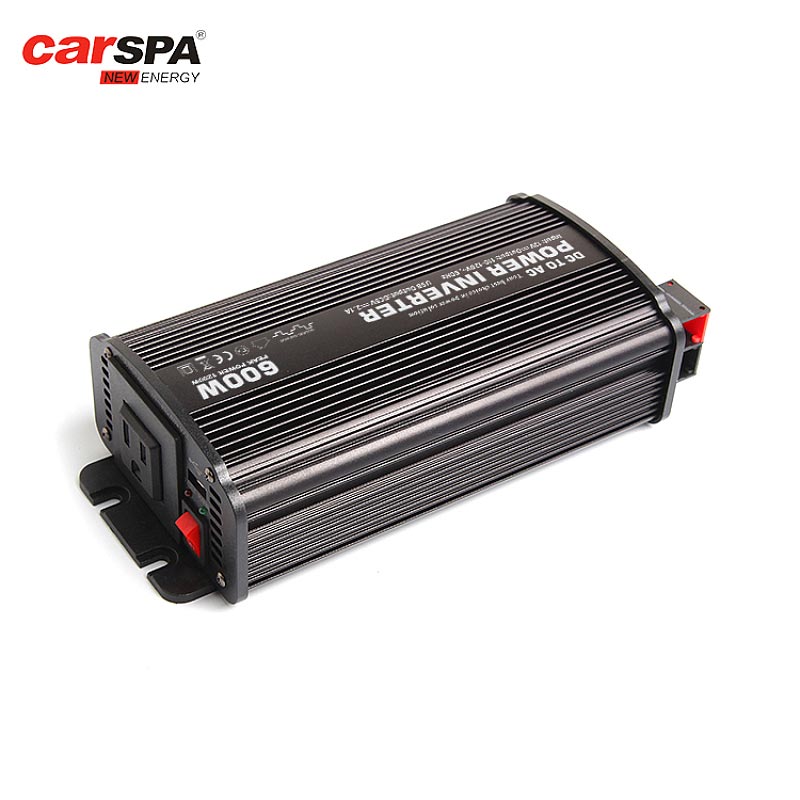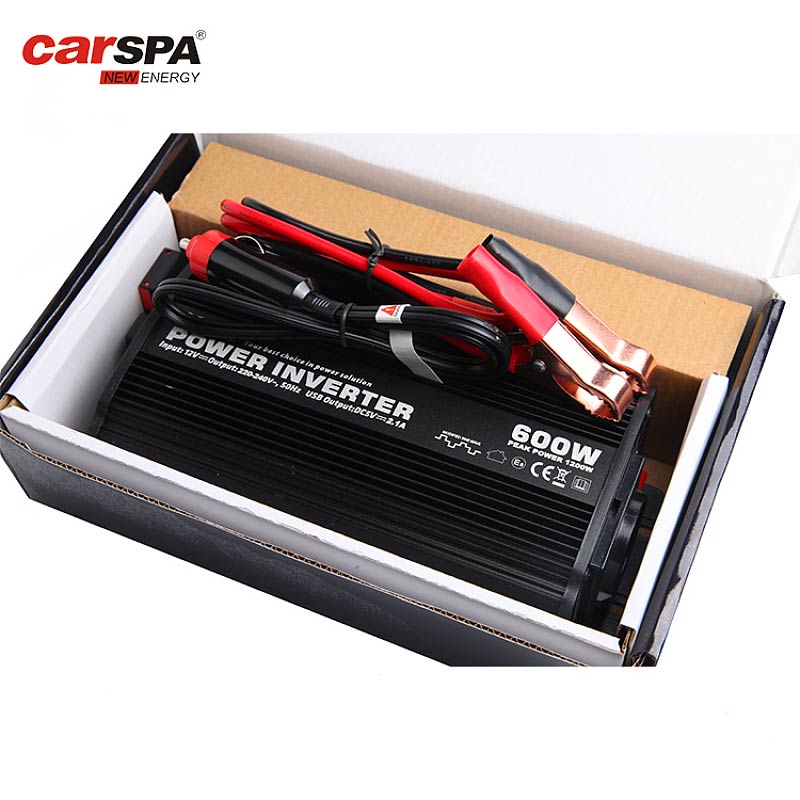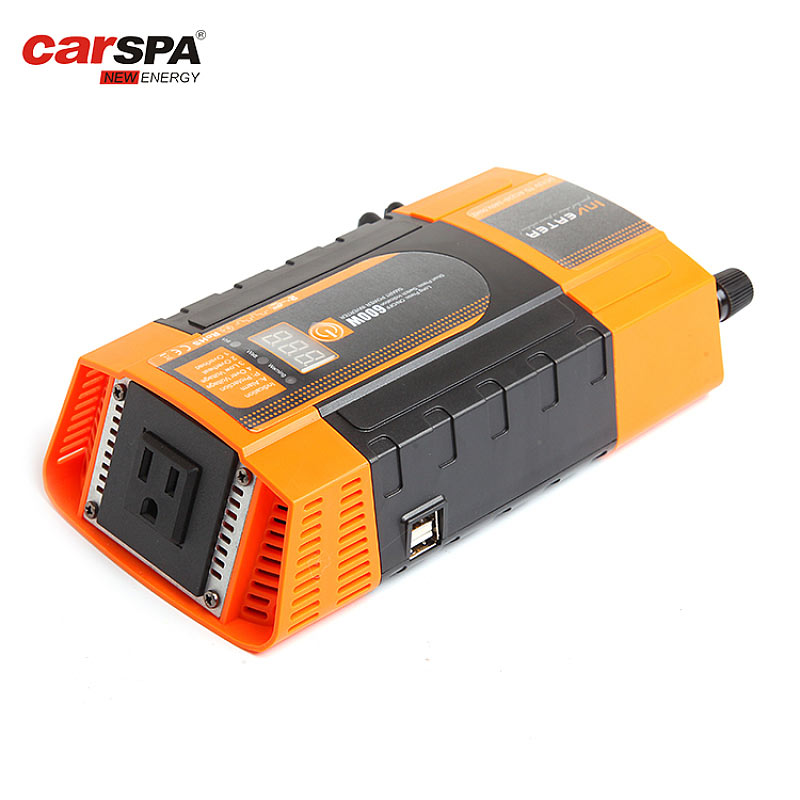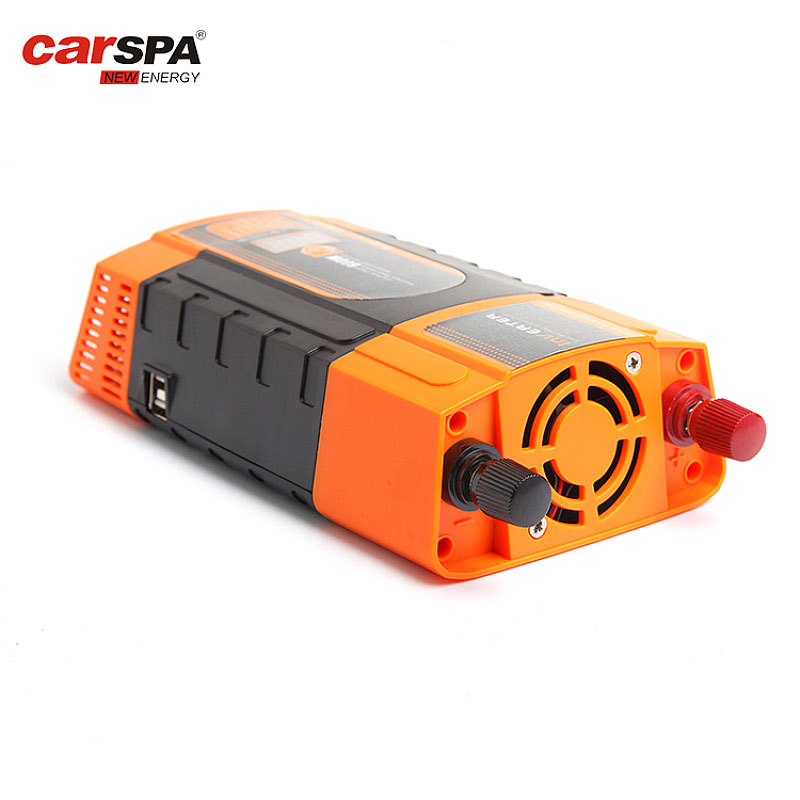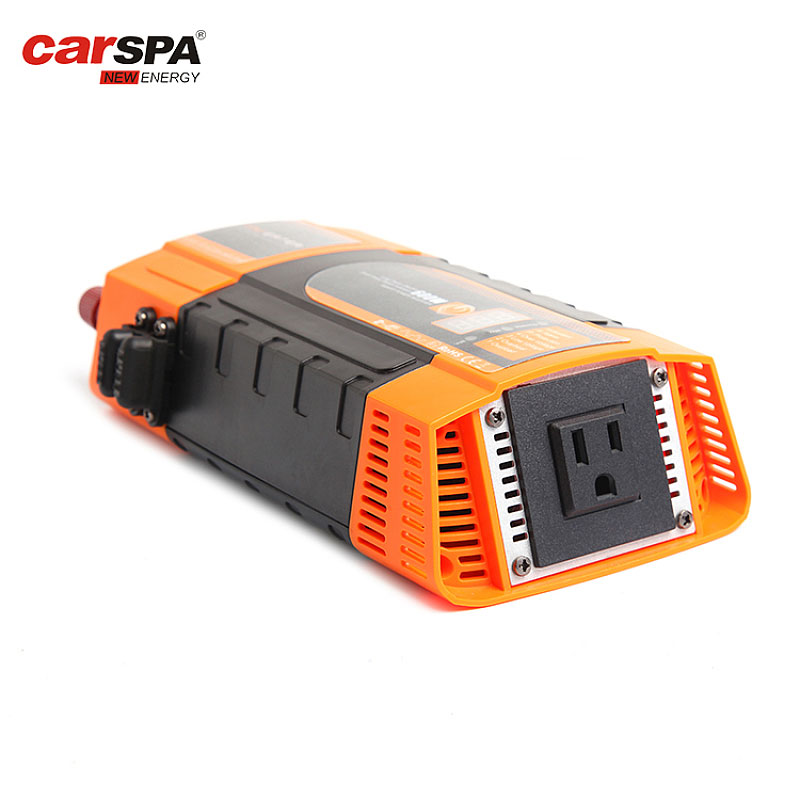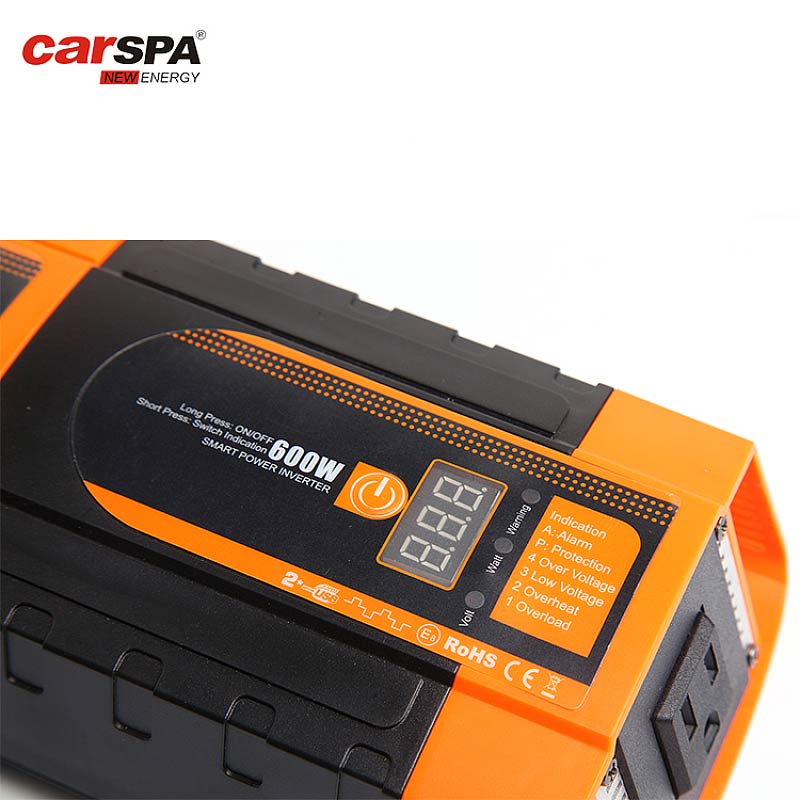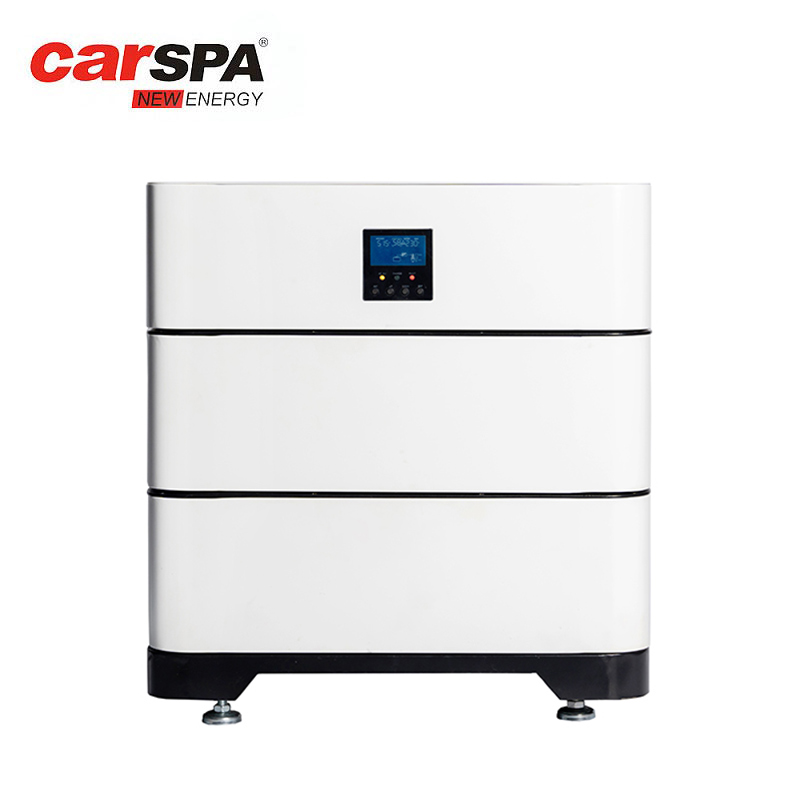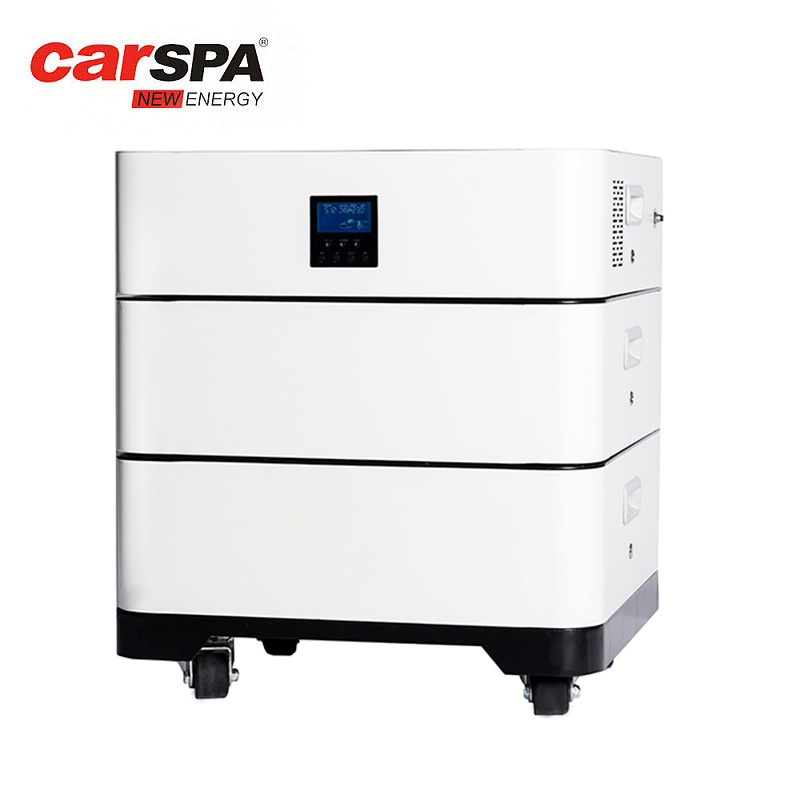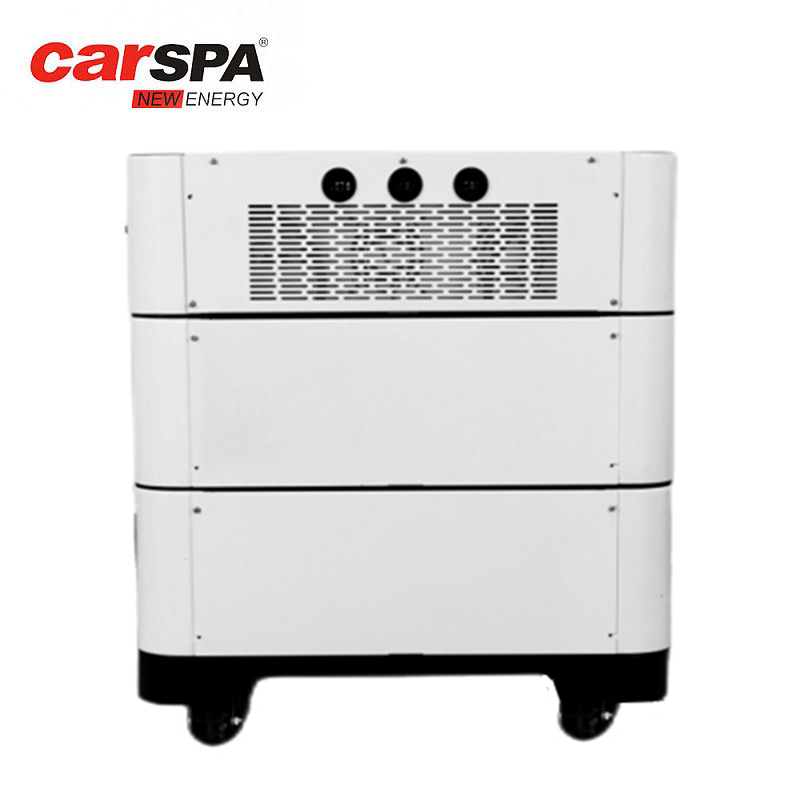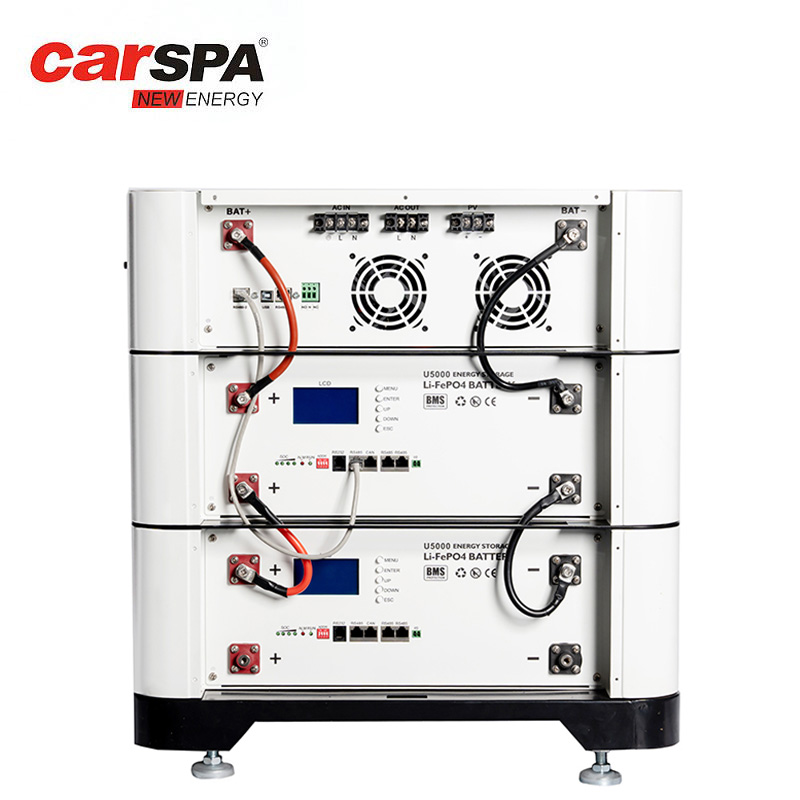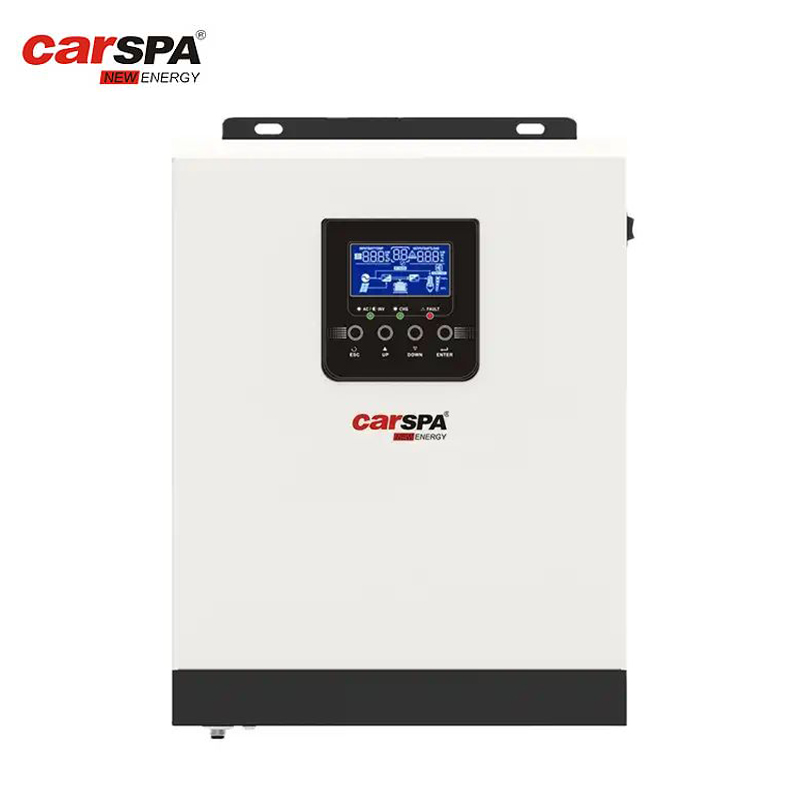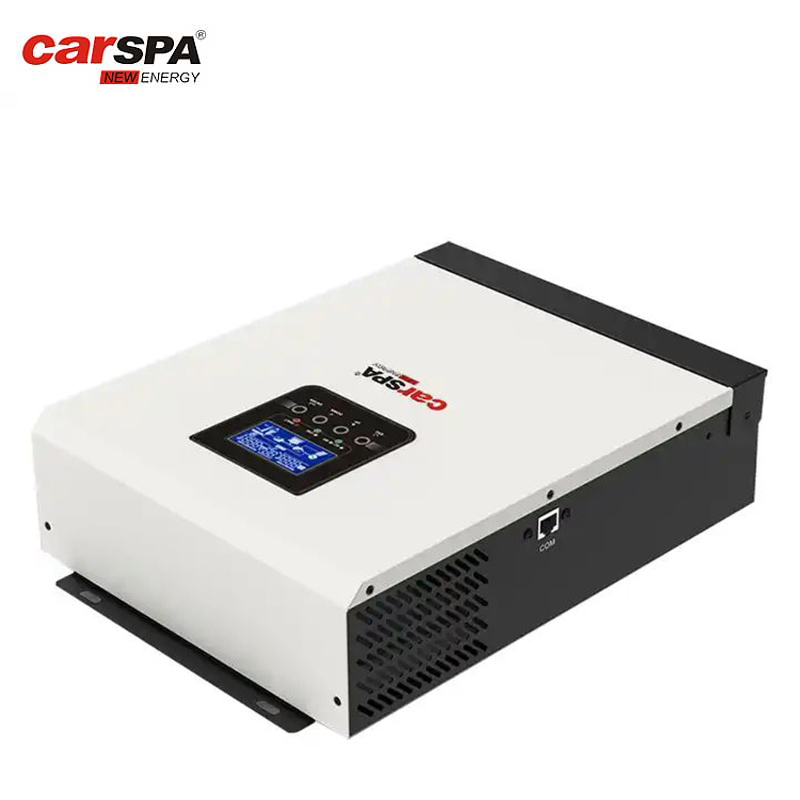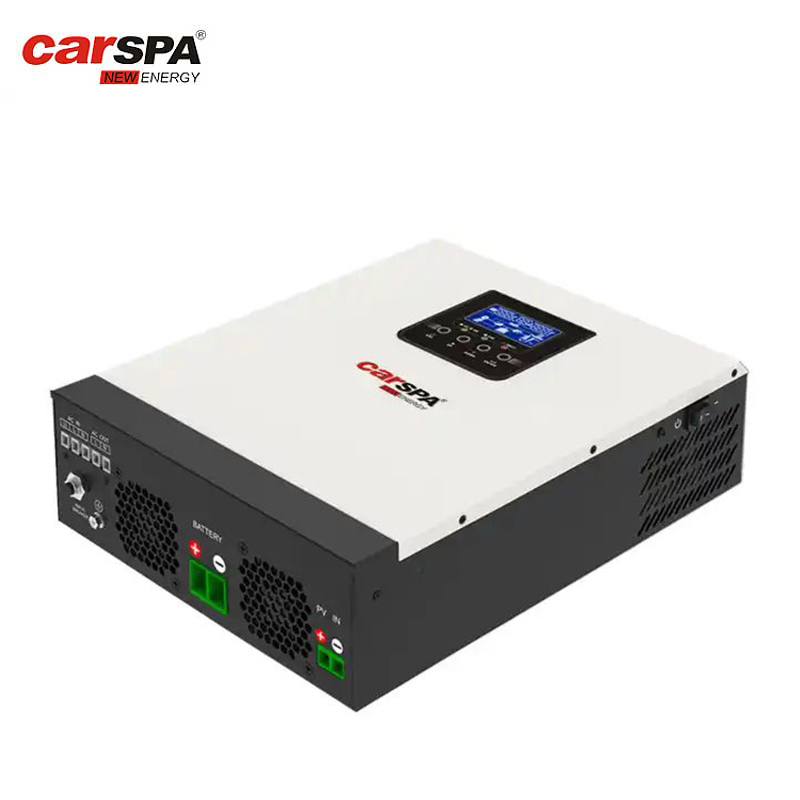How Do You Store Energy in Your House?
As the world continues to shift towards renewable energy sources, finding effective methods to store energy becomes increasingly important. Storing energy in your house allows you to capture and save excess electricity generated by renewable systems, such as solar panels or wind turbines, for use during times of high demand or when the renewable source is not actively producing power. In this article, we will explore different approaches to energy storage for residential applications and discuss their benefits and considerations.
Batteries: The Key to Residential Energy Storage
One of the most common and reliable methods of storing energy in households is through the use of batteries. Energy storage systems based on rechargeable batteries can efficiently store electricity generated by renewable sources and release it when needed. These batteries come in various types, with lithium-ion batteries being the most prevalent choice due to their high energy density, long lifespan, and relatively low maintenance requirements.
How Residential Energy Storage Works:
Residential energy storage systems typically consist of three main components: renewable energy sources (such as solar panels or wind turbines), an inverter, and the battery storage unit. Here's a simplified explanation of how the process works:
Energy Generation: Renewable energy sources, like solar panels, generate electricity from the available natural resources, such as sunlight or wind.
Power Conversion: The electricity produced by the renewable sources is converted from direct current (DC) to alternating current (AC) using an inverter. This conversion is necessary for compatibility with the electrical appliances and systems in the house.
Battery Charging: Excess electricity not immediately consumed by the house's electrical demand is directed towards charging the battery storage system.
Energy Release: When the renewable energy source is not producing electricity, or when the electricity demand exceeds the instantaneous output of the renewable source, the energy stored in the batteries is released, providing a reliable and continuous power supply.
Benefits and Considerations:
Energy Independence: Storing energy in your house allows you to become less dependent on the electrical grid, providing a level of energy independence and resilience during power outages or emergencies.
Utilizing Off-Peak Energy: By storing excess electricity during off-peak hours when electricity rates are lower, you can maximize cost savings by using the stored energy during peak-demand periods when rates are higher.
Environmental Impact: Residential energy storage systems promote the use of renewable energy sources, reducing reliance on fossil fuels and decreasing greenhouse gas emissions.
System Sizing and Cost: Determining the appropriate size of the battery storage system is crucial, as oversized systems may result in unnecessary expenses, while undersized systems may not meet your energy needs. Additionally, upfront costs should be considered, although prices for battery systems have been steadily decreasing over the years.
Conclusion:
Storing energy in your house through the use of battery storage systems provides numerous benefits, including energy independence, cost savings, and reduced environmental impact. By capturing and storing excess electricity generated by renewable sources, households can have a reliable and continuous power supply even when the renewable sources are not actively producing electricity. As technology advances and costs continue to decrease, residential energy storage will play an increasingly important role in maximizing the efficiency and sustainability of residential energy systems, contributing to a cleaner and more resilient future.

